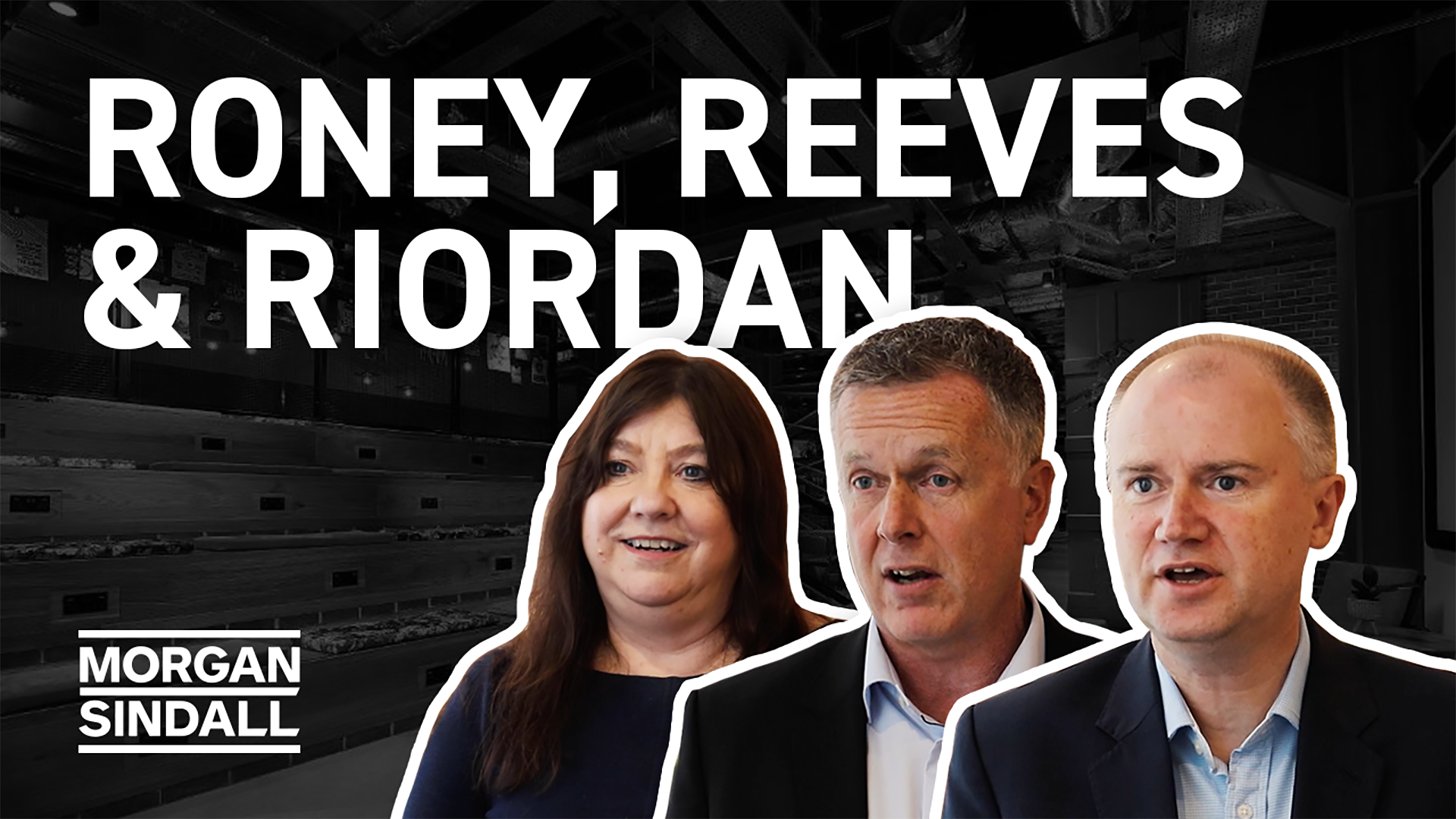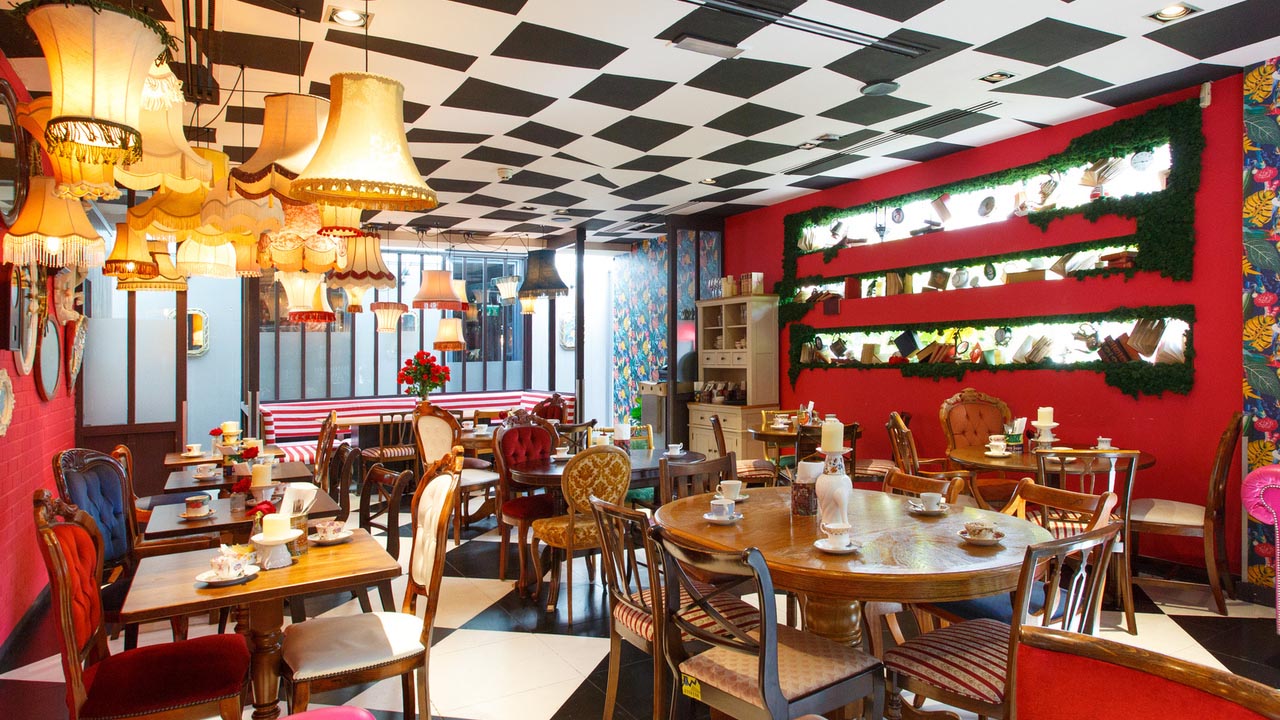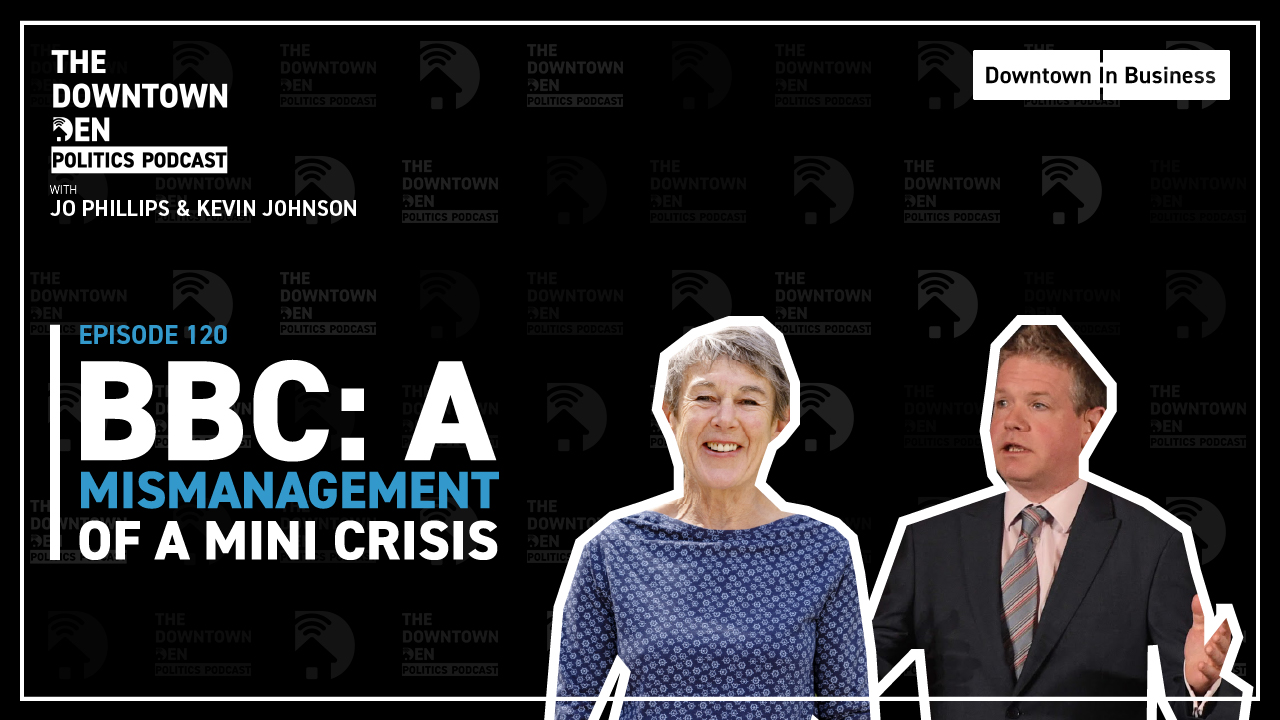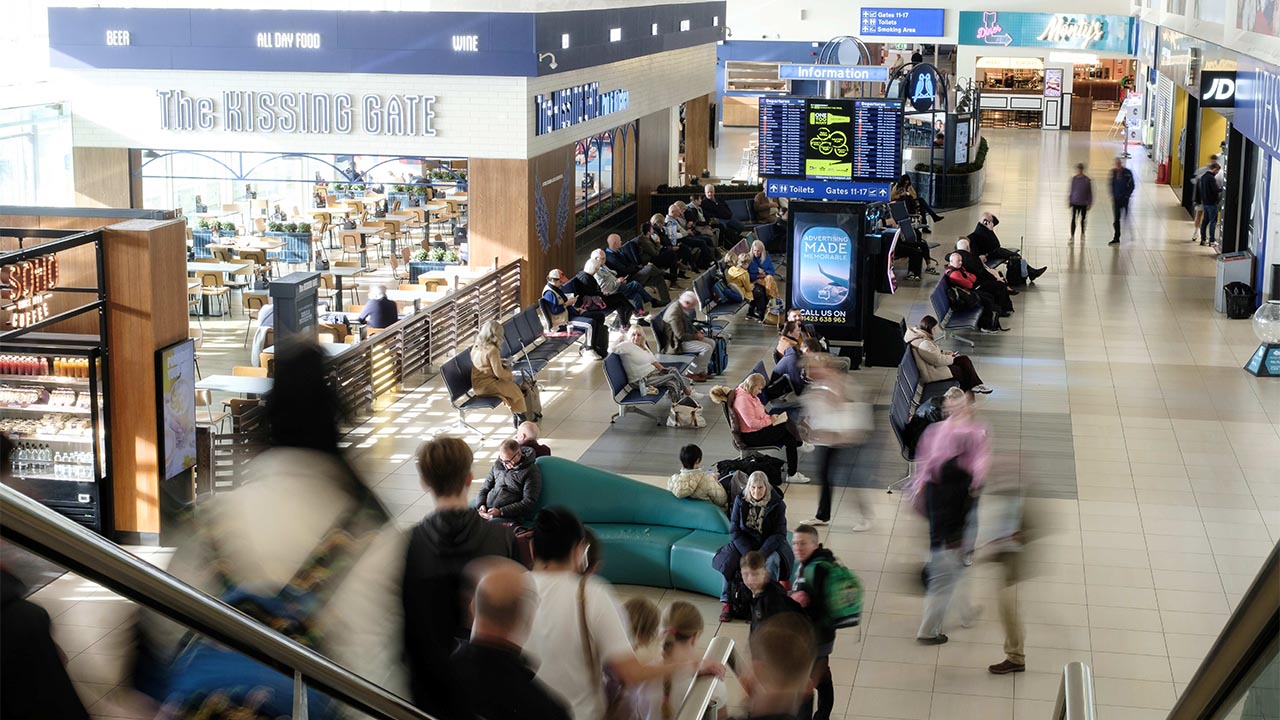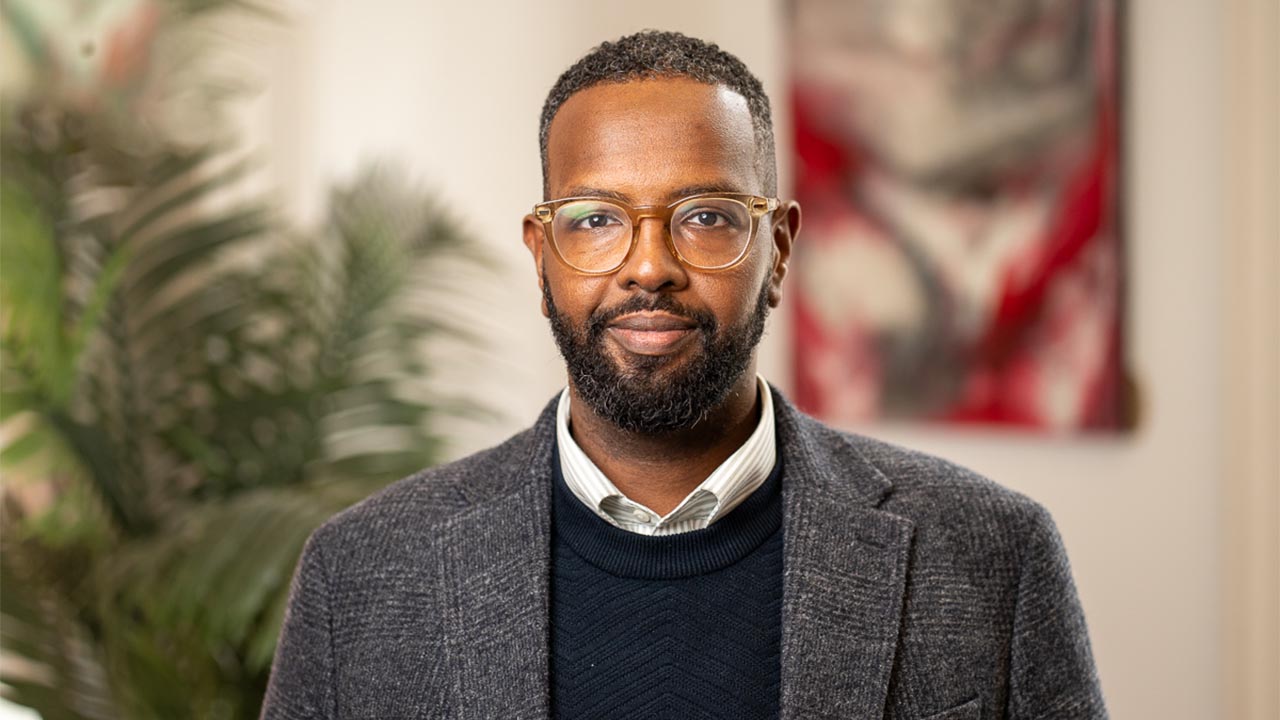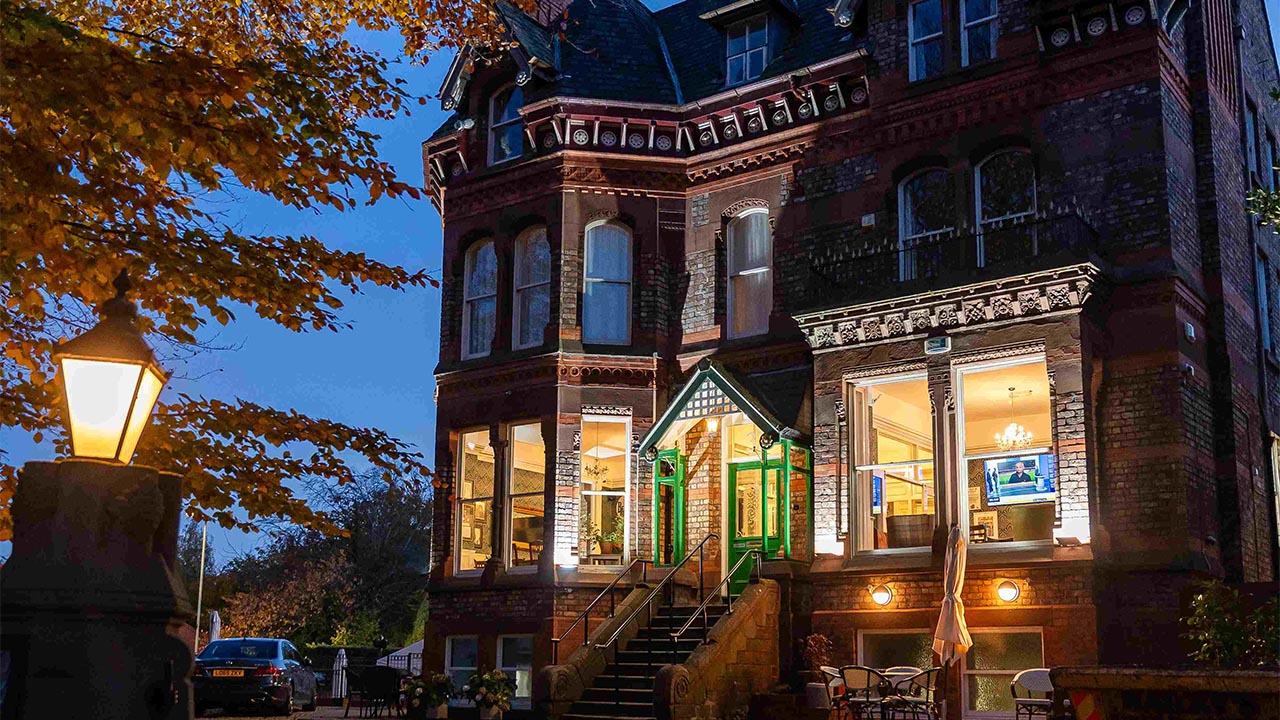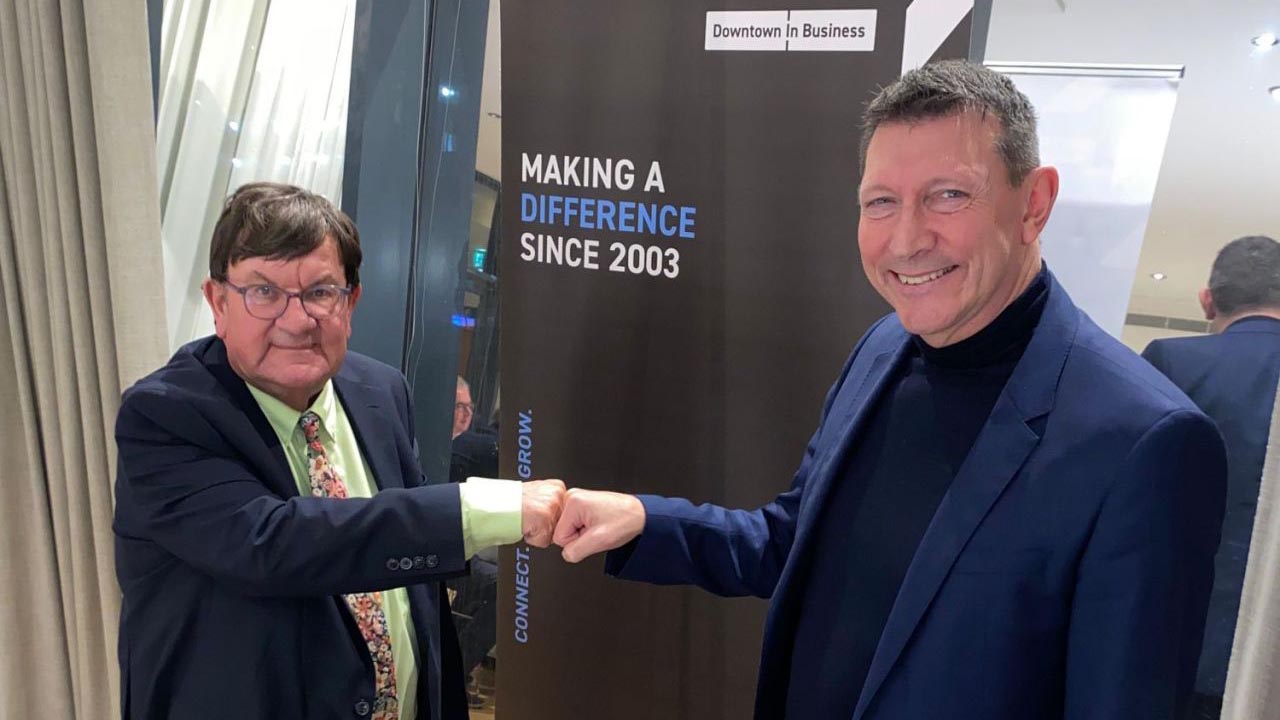Despite the challenges of the past fifteen months, the North of England will bounce back – and cities will be at the heart of the revival.
That was the message from the chief executives of Manchester, Liverpool, and Leeds City Council’s this week.
In another Downtown first, Joanne Roney, Tony Reeves, and Tom Riordan shared a platform, at an exclusive ‘Leaders Lunch’ event, held at Manchester’s outstanding Brooklyn Hotel.
In conversation with DIB boss Frank Mckenna, each city leader offered an optimistic vision for the future of their respective places – but also emphasised the importance of collaboration moving forward, and much better connectivity across the North in order to fulfil the potential of the region.
Delivering Northern Powerhouse Rail and HS2 was critical to the ‘levelling up’ agenda, and the costs of the transport infrastructure schemes were far outweighed by the benefits, according to the panellists.
There was also agreement about the growth potential of each city, with Roney, Reeves, and Riordan outlining the key projects that they anticipate catapulting their cities back to economic prosperity sooner rather than later.
Manchester’s boss said that the city was cracking on with over 200 regeneration projects, despite the COVID crisis. Among the most exciting was FACTORY, a development that is being led by DIB partner Laing O Rourke. Roney added: “Manchester was the fastest growing economy in the UK before the crisis – and we will be the fastest growing economy when we get through this.”
Tony Reeves offered a candid view of his city’s recent, well-publicised difficulties. However, he was able to point to a major investment in the Knowledge Quarter from Legal & General during the lockdown, that has led to the development of one of the country’s most iconic buildings, The Spine, delivered by event sponsor MORGAN SINDALL.
Reeves also expressed his frustration at UNESCO and its threat to withdraw World Heritage Status from Liverpool, on the back of Everton Football Clubs new stadium proposal at Bramley Moore Dock being approved. “If it’s a choice between jobs, opportunities and economic growth in one of the most deprived parts of our city – or World Heritage Status – then there is no contest.”
The chief executive of Leeds City Council Tom Riordan was able to reel off a range of initiatives that his city is looking to deliver in the coming months, not least the arrival of media giant Channel Four, which has already led to Leeds attracting a host of new media and production companies to the city. Alongside Leeds United’s elevation to the Premier League, the city is in a great place to navigate a successful journey beyond the pandemic.
“Leeds has been on the cusp of great things for several years. Chanell Four has been the catalyst for us to enable some of our more ambitious plans to be realised, and the football clubs’ promotion to the Premier League has been the icing on the cake. We just hope that fans can get into the stadium this season.”
On the overall impact of COVID, the panel agreed that it was children and young people who had been hit hardest. Joanne Roney said: “We have a duty to do all we can to mitigate against the worst effects that our young people have suffered. They have lost out on their school education, University life has been diluted, and apprenticeships curtailed. Alongside our private sector partners and UNITED CITY, Manchester will be launching the ‘Year of the Child’ and we will be putting a real focus on what we can do to support young people over the coming years.”

